As a new mom, it's common to experience a range of emotions, including joy, excitement, and love, as well as stress, anxiety, and fatigue. It's also called as Postpartum depression. PPD stands for Postpartum Depression, which is a type of depression that can affect women after giving birth. It is a serious medical condition that can occur within the first few weeks after delivery, but can also develop up to a year after childbirth. Symptoms of PPD can include feelings of sadness, anxiety, guilt, and hopelessness, as well as changes in appetite and sleep patterns, loss of interest in activities, and difficulty bonding with the baby.
3 Types of Postpartum Depression:
The First Type: Postpartum depression (Baby Blue)
About 70% to 80% of new mothers will encounter this type of short-term depression. When a novice mother suffers a change in her life, she suddenly has to deal with her baby’s food, drink, and diarrhea 24 hours a day, 7 days a week. Constipation problems, stitch removal pain, breast swelling, nipple pain, and postpartum depression are inevitable.
Symptoms: Crying for no reason, restlessness, anxiety, feeling alone, sad.
The Second Type: bipolar disorder (Moderate Depression)
This type of postpartum depression is very extreme but also common. About 20% of mothers will experience this moderate postpartum depression. Basically the symptoms are the same as in the first category, but last longer and are more severe. It usually occurs shortly after the baby is born and lasts for several weeks.
Symptoms: loss of appetite, loss of libido, insomnia, irritability, etc., accompanied by the symptoms of the first category.
The difference is that the first type of postpartum depression usually does not last for a long time. Although you will cry and have emotional ups and downs, it usually only lasts for a few days and then gets better, but the emotional ups and downs of bipolar disorder will be more intense, so The intense reaction it causes may affect your ability to function normally, but usually improves gradually over a few weeks.
The Third Type: Postpartum Psychosis (Postpartum Psychosis)
This type of postpartum depression is very rare, with an incidence rate of about 0.1% to 0.2%. Symptoms usually appear in the first two weeks postpartum and can continue with depression for several months. This type of depression is very similar to the symptoms of the first type, but postpartum psychosis is a completely different and serious mental illness.
Symptoms:
alienation from family and friends, frustration, hallucinations, confusion, paranoia, difficulty getting along with the baby, attempts to harm oneself, and symptoms of postpartum psychosis that are more severe and, if not well treated, last longer than the other two categories Postpartum depression lasts longer. Currently, there is no specific test to diagnose postpartum depression. It is based on mothers honestly telling doctors about their feelings and psychological conditions. When a mother encounters severe postpartum depression, which has affected normal life, the doctor will propose appropriate treatment prescriptions according to the current situation.
STEPS YOU CAN TAKE TO TREAT PPD:
- Talk to your doctor: If you're experiencing symptoms of PPD, the first step is to talk to your doctor. They can provide a diagnosis and recommend a course of treatment.
- Therapy: Therapy, including cognitive-behavioral therapy and interpersonal therapy, can help you identify and manage negative thoughts and emotions associated with PPD.
- Medication: Antidepressant medication may be recommended in conjunction with therapy for moderate to severe PPD.
Support groups: Joining a support group can provide a sense of community and validation that can help reduce feelings of isolation and shame. - Self-care: Practicing self-care is crucial for managing PPD symptoms. This includes getting enough sleep, eating a healthy diet, and finding time for exercise and relaxation.
- Partner and family support: It is important to involve your partner, family, and friends in your care and treatment plan. They can provide emotional support and practical assistance with caring for your baby.
TIPS AND TRICKS TO SUPPORT & PREVENT MENTAL HEALTH
- Get enough sleep: Try to sleep when your baby sleeps and ask for help from your partner or family members so you can get enough rest.
- Connect with other moms: Join a new mom group, attend a breastfeeding support group, or connect with other moms online. It can be helpful to talk to other people who are going through similar experiences.
- Make time for self-care: Take time for yourself, even if it's just a few minutes a day. Take a relaxing bath, read a book, or do something that makes you feel good
- Exercise: Exercise can help improve your mood and reduce stress. You can try taking a walk with your baby, practicing yoga, or doing a short workout at home.
- Eat a healthy diet: Eating a balanced diet with plenty of fruits, vegetables, and whole grains can help improve your energy and mood.
- Seek professional help: If you're experiencing persistent feelings of anxiety or depression, don't hesitate to seek professional help from a mental health provider.
Remember, taking care of your mental health is just as important as taking care of your baby. Don't hesitate to ask for help and support when you need it.
Following all the tips online to prevent mum burnout but you’re still struggling with life? Wanting a vacation when you’re actually on a vacation with your family?
You need a momcation!
More and more mums have been giving themselves a break from their role as a mum, which requires you to work 7 days a week, 24 hours a day. A momcation needn’t be long, it can be a week, 2 days, or even one afternoon.


The key is you are enjoying your ME time, read a book, binge watch TV shows, do anything that will make you happy. After the break, you will feel you’re more emotionally-balanced, energetic, and stress-free.
Your mental health matters, a momcation is not only for you but your loved ones.
Comment below your dream momcation destination.
Need a big volume bag for your little getaway?
Grab our Disney Mother & Baby Backpack while stock lasts.
Buy one and get a mini bag for your lil one.
Photo credit: Photo by Ibrahim Rifath on Unsplash
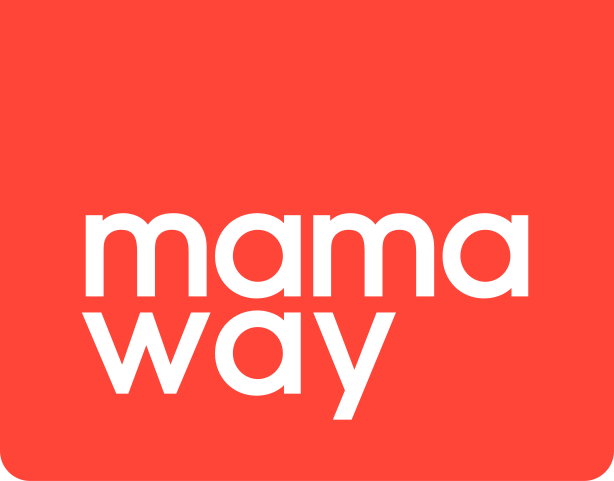

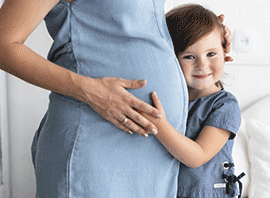
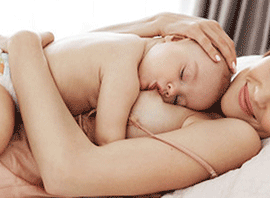
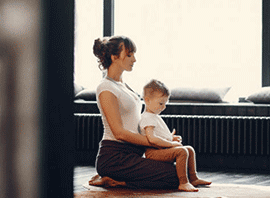
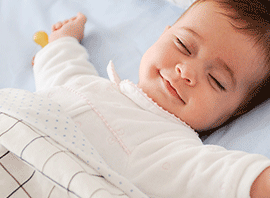






Validate your login
Sign In
Create New Account